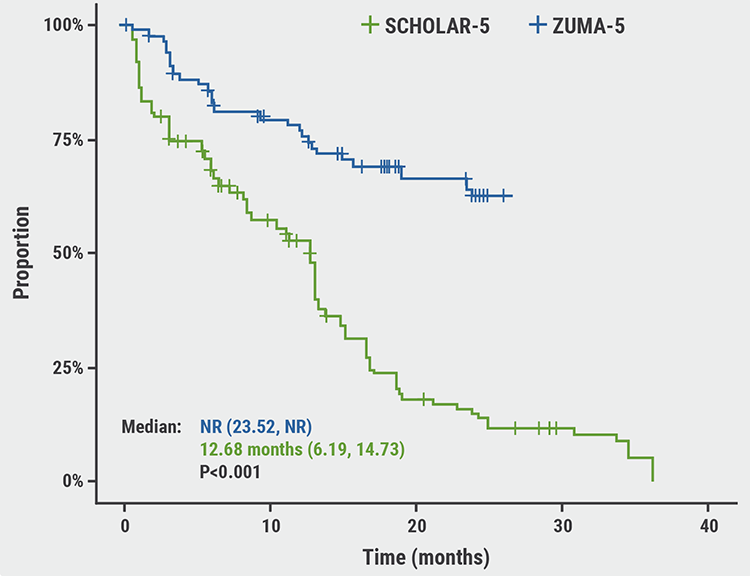"It really demonstrated the proof of principle that you could have multi-year stable and durable factor VIII expression, which has not been previously demonstrated," chief author Dr. Lindsey George of Children's Hospital of Philadelphia told Reuters Health by phone.
The investigational treatment, known as SPK-8011, uses a modified version of an adeno-associated virus (AAV) which carries a copy of the gene that holds the instructions for making factor VIII.
Once infused into the blood, the virus preferentially infects hepatocytes and, with the help of a promoter, ends up in the nucleus, where the DNA is used by the cell to churn out factor VIII.
The treatment is designed for people with hemophilia A, the most common form of the disease, which affects 15,000 people in the United States. If approved, it could replace intravenous infusions of factor VIII extracted from plasma or created from recombinant DNA technology.
But approval is not imminent.
The new results are from an ongoing phase 1-2 trial, in which the 18 men received one of four doses.
The two who lost factor VIII expression were in the high-dose group.
The good news is that both men started producing factor VIII, said Dr. George, director of clinical in vivo gene therapy at Children's. "Unfortunately with the two men there was evidence four to six weeks later of a capsid immune response and we could not halt it with the use of immune suppression. Ultimately these men lost all factor VIII expression."
But among the other recipients, factor VIII levels - which started out at 2% of normal or less - were at 12% after the therapy. And that was enough to produce a 91.5% drop in bleeding episodes.
Having less than 5% of normal factor VIII levels is considered moderate hemophilia and less than 1% is regarded as severe.
"So people were able to stop their baseline therapy and they were not bleeding. So that's overall great news," said Dr. George.
While the group had a median of 8.5 episodes per year before treatment, there were 0.3 events per year after.
The team says they have seen no major safety concerns.
Seven volunteers experienced elevations in alanine aminotransferase and in one case the elevation was considered to be a serious adverse event. The seven were receiving the highest doses of the therapy.
The treatment, if eventually approved, is expected to be extremely expensive, even though it doesn't have to be tailored to individual patients.
However, said Dr. George, "hemophilia on an annual basis is quite expensive. For an adult male it's on the order of a half million dollars a year."
Phase-3 testing of the therapy - one of several being developed by various teams using a similar strategy - has not begun.
"The sponsor is trying to figure out a way to use the right degree of immune suppression to ensure that all patients maintain expression," Dr. George said.
Spark Therapeutics, a Roche subsidiary that makes the vectors, originally released the data on July 21 in conjunction with the International Society of Thrombosis and Hemostasis' virtual congress.
SOURCE: https://bit.ly/3HlmTIc The New England Journal of Medicine, online November 17, 2021.
By Gene Emery
Posted on
Previous Article
« Mobile hypertension-control app tied to lower blood pressure Next Article
Alopecia areata: encouraging response rates with JAK3/TEC inhibition »
« Mobile hypertension-control app tied to lower blood pressure Next Article
Alopecia areata: encouraging response rates with JAK3/TEC inhibition »
© 2024 Medicom Medical Publishers. All rights reserved. Terms and Conditions | Privacy Policy
HEAD OFFICE
Laarderhoogtweg 25
1101 EB Amsterdam
The Netherlands
T: +31 85 4012 560
E: publishers@medicom-publishers.com


